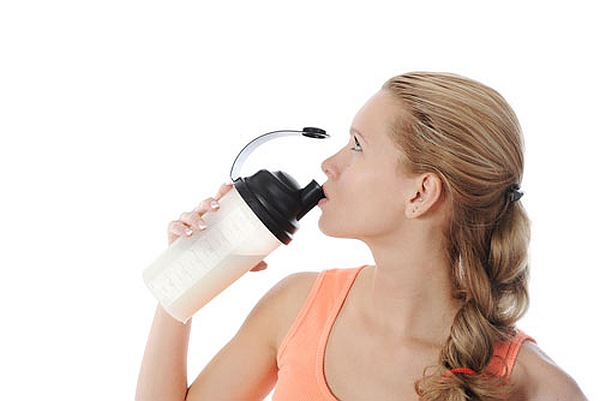<p style="text-align: justify;">We are living in an era where people tend to blame carbohydrate for various physical ailments. Experts often said that frequent intake of refined, unhealthy carbohydrate tends to increase the prevalence of epidemic obesity and Type II Diabetes. However, carbohydrate is one of the primary sources of energy and it is essential for the inner working of our body. So, carbohydrate isn’t necessary bad if we consume it in ideal quantity. In some countries, about 80 percent of daily caloric intake is derived from carbohydrate. People obtain carbohydrate from grains, fruits, legumes and various kinds of sugar.</p>
<p style="text-align: justify;">We should be aware that carbohydrates are not identical. In general, it is healthier for us to choose low GI carbohydrates and complex carbohydrates. Processed, simple and refined carbohydrates should be consumed in moderation and shouldn’t represent the majority of our carbohydrate intake. As an example, caramel bar and sugar-coated donuts are less healthy compared to banana and corn. Carbohydrates are not necessarily bad. They won’t cause diabetes and obesity if we consume them at moderate amount and we choose the right type. We should fall into this kind of easy oversimplification.</p>
<p style="text-align: justify;">In fact, it is recommended for athletes to consume high-carbohydrate before an physically intense activity. High-carbohydrate diet should help to extend endurance and increase glycogen stores. This will help us to preven physical and mental fatigue. Overall, carbohydrate should supply about 60 percent of total calories. This should be ideal for endurance athletes who perform stop-and-go activities, such as basketball and soccer. It is recommended to choose mostly complex carbohydrate which can be processed and released more slowly to ensure better endurance. On average, our body should pump about 150mg of glucose each minute.</p>
<p style="text-align: justify;">Before the training and competition activities, we should perform the carbohydrate loading session. About four days before the competition, we should increase the intake of complex carbohydrate. We should keep the carbohydrate composition about 70 percent of our daily intake. If we do this, we should be able to increase the internal glycogen stores. Runners should be able to keep a faster pace much longer. However, we shouldn’t consume too much carbohydrate, because we could experience water retention; for each gram of glycogen that our body stores, three grams of water will also be stored. In some cases, this could lead to slight weight gain and discomfort could happen.</p>
<p style="text-align: justify;">It should be noted that carbohydrate loading may not be useful if the aerobic activity only last for less than one hour. It means that we need to modify our training program and carbohydrate intake before the match. We should be aware that carbohydrate is the best source of energy during the first hour of the physical activity. As comparison, fat and protein will take longer to digest. It is acceptable to consume moderate amount of refined, simple carbohydrate about two hours before the match begin. However, our endurance should be based on complex carbohydrate that we have consumed in the last few days.</p>

How Athletes Should Consume Carbohydrate?
